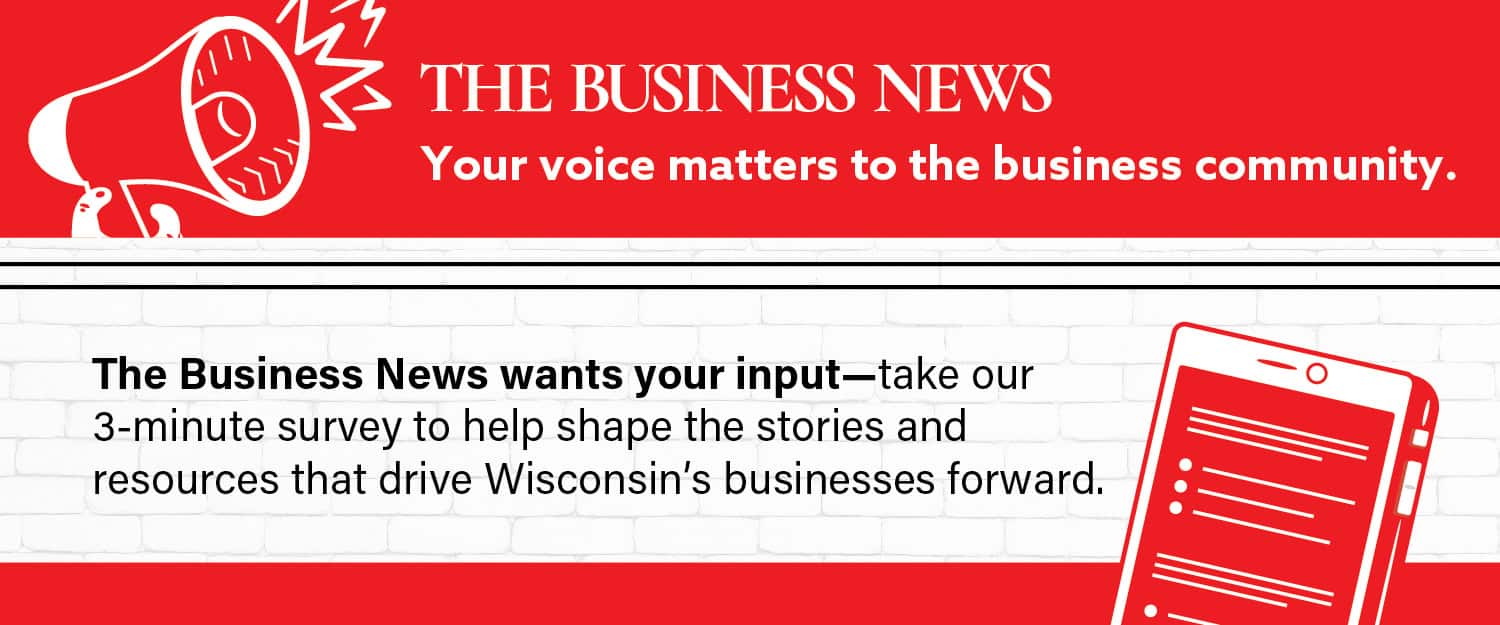November 4, 2022
Part of the process when planning to sell a business includes understanding the kinds of deal options out there, as well as the corresponding tax implications of them.
Researching, as well as relying on guidance from an attorney, accountant and business brokers before beginning the selling process can help achieve a desired outcome.
Advance planning could also save business owners from unfavorable taxes and fees.?
As the seller, you want to structure a deal that meets your financial desires, while at the same time offer a deal that buyers will be willing to accept.
A smart strategy is to create a deal that benefits all parties involved.
There are a handful of different options available for structuring a deal, including:
Earn outs
There are two ways to structure an earn-out deal.
One option is the buyer pays a set portion of the total amount of the closing costs, and the seller agrees to stay on for a set amount of time (two or three years) as a consultant to help with the transition to the new ownership.
This deal can typically benefit the seller, as he or she is able to get money upfront for the business.
It is also possible to earn a salary during the transition phase.
An earn out can also benefit buyers.
They can shift some of the money usually included in closing costs into salary and bonuses, thereby helping to incentivize everyone involved to keep the business operating profitably.
The second potential way to structure an earn-out deal is the seller receives some money upfront, then bonuses are paid out over the next few years, based on the earnings of the company.
The seller is essentially investing in the future profitability of the company.
This can help sweeten a deal because the buyer sees the seller having confidence in the company’s continued success.
Both of the above-described scenarios could also mean lower tax bills, as the funds are spread out over time.
It’s important to always discuss the tax implications of any closing deal with a certified accountant before a decision is made.
Cash deal options
In an all-cash deal, the entire purchase price is paid at closing – the seller is owed nothing beyond that from the buyer.
However, he or she is responsible for the large tax liability that may incur.
A cash-plus-seller-financing deal is more typical.
This situation means the buyer only pays a portion of the agreed upon price and signs a promissory note to pay off the additional funds due, with interest, over a certain time period.
Sometimes the seller opts for balloon payments at a future date.
This kind of deal can provide advantages for the seller and the buyer.
The seller gets some money and can look forward to payments in the future, which spreads their tax liabilities out.
The advantage for the buyer could be easier funding and having cash flow to keep the business operating profitably.
They are also getting the added security from the seller’s belief that the business will stay profitable.
Careful planning and consulting with professionals can help you facilitate a speedier and more profitable sale of your business while minimizing tax penalties.
Be sure to talk to your accountant, attorney and business broker about your concerns, and they can help you strategize about the best path forward for your unique situation.
Steve Ford is the executive vice president of Creative Business Services/CBS-Global.
 How powerful is paper in NE Wisconsin?
How powerful is paper in NE Wisconsin? Creating spaces where people can unwind, appreciate world around them
Creating spaces where people can unwind, appreciate world around them







